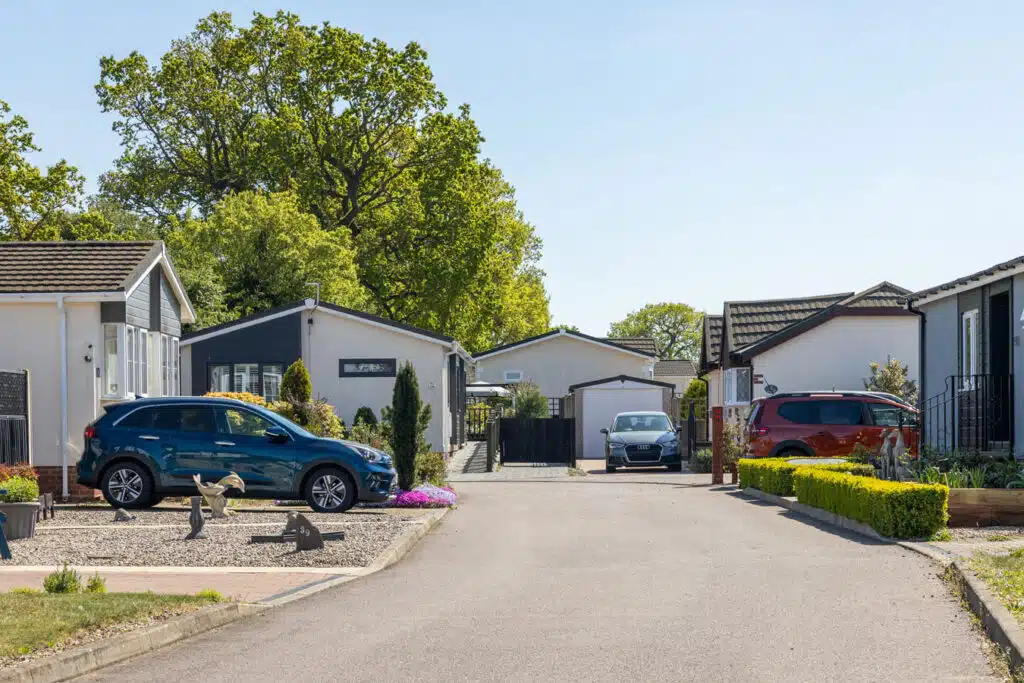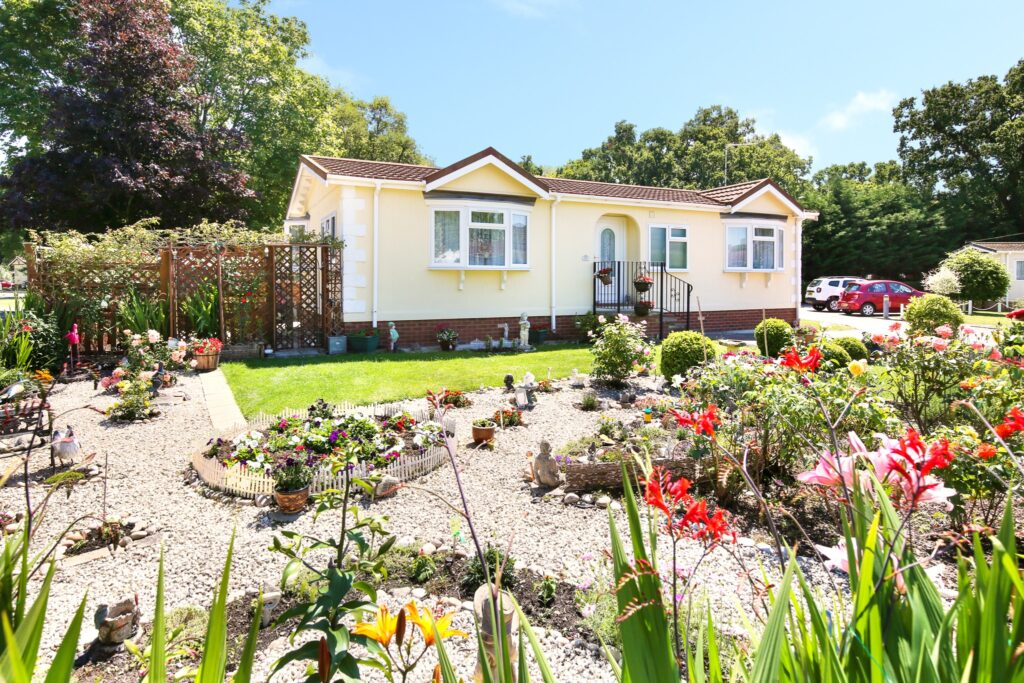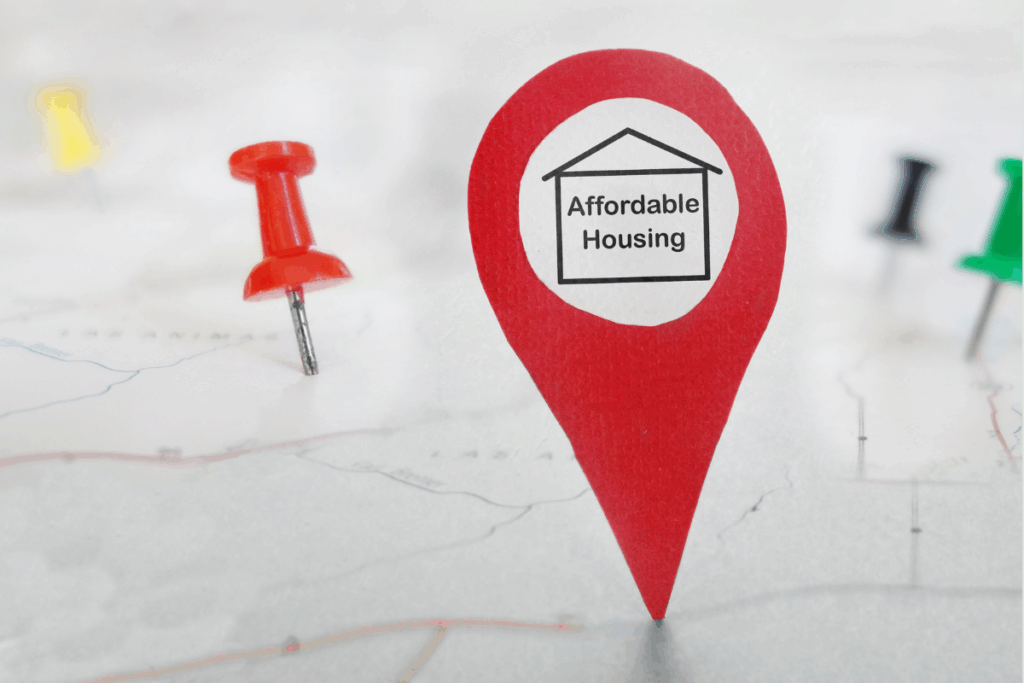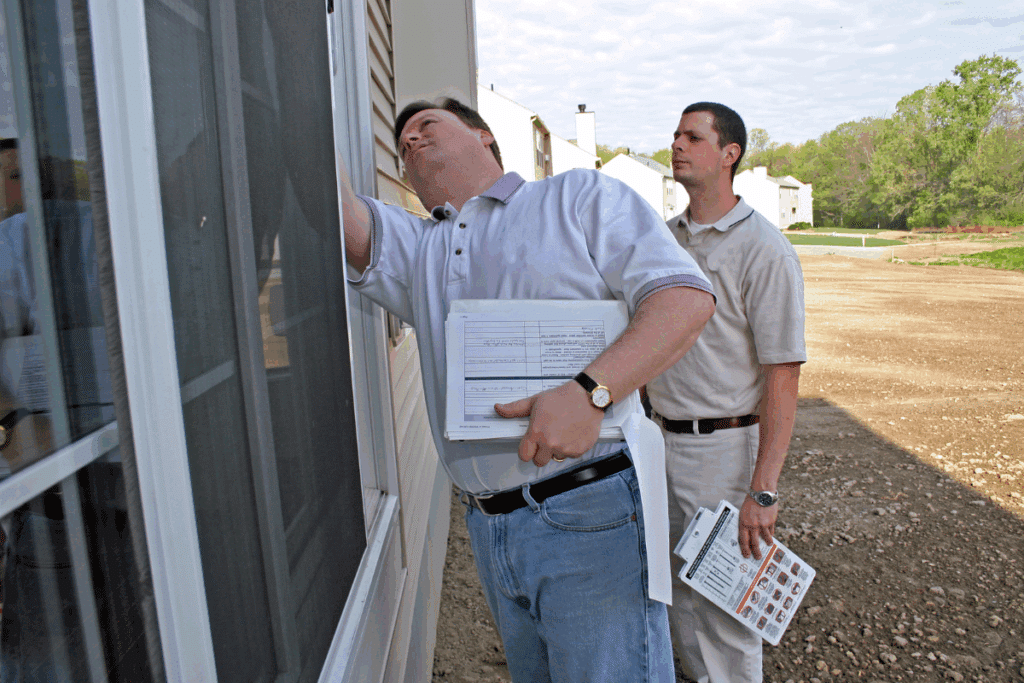
Start your new home journey
Request A Brochure
Book a Park Visit
10 Key Considerations When Buying a Park Home (for a Smooth Move)

Buying a park home is an exciting step that can significantly impact your retirement lifestyle. It’s not quite the same as moving into a traditional brick-and-mortar home. Instead, you’ll be joining unique communities, often situated in peaceful and charming locations, with their own rules, costs, and legal protections.
Unlike a conventional house, where ownership extends to both the land and the property, a residential park home, like those located on a Tingdene Residential Park, gives you ownership of the home itself, while the site owner retains ownership of the land. That distinction shapes everything from fees and contracts to your legal right to live there year-round.
Let’s explore 10 key considerations when buying a park home, helping you understand the process from start to finish – and making sure your decision fits your lifestyle, finances, and future plans.
1. Understanding Park Homes and Residential Parks

A park home is a detached, single-storey bungalow built to BS 3632 residential standards for year-round comfort. You own the home, but rent the plot it sits on and pay a pitch fee to the park owner, who maintains communal areas and services.
Types you’ll see:
- Residential park homes: built for permanent, year-round living under a residential licence.
- Holiday park homes: used as seasonal retreats, often requiring residents to vacate for a short period each year.
- Mobile homes: a broader, often older or more basic category (sometimes relocatable) and usually the cheapest option.
You’ll find homes across licensed residential parks in scenic countryside, rural and coastal locations. Options range from brand-new models (often with warranties and modern finishes) to pre-owned homes that may be more affordable. Homes vary in size (single or twin units) and can include bespoke layouts or accessible features.
Check the licence: Only parks with a valid residential licence allow permanent, year-round living. Always confirm this with the local authority before you commit.
2. How Park Homes Differ from Brick-and-Mortar Houses

The main difference between a park home and a traditional brick-and-mortar home lies in ownership. You own the property but not the land underneath; the land remains with the site owner. That means a typically lower purchase price than a comparable house, but you’ll budget for ongoing pitch fees.
Traditional mortgages aren’t usually available, so buyers often rely on savings, equity from a house sale, or specialist finance. Your rights are protected under the Mobile Homes Act, set out in a legally binding Written Statement. Council Tax still applies, and most park homes fall into Band A, keeping annual bills more manageable.
3. Ways to Buy a Park Home
New home already sited: Move-in ready after paperwork/payment. Get the Written Statement, an inclusions list (e.g., shed/fencing/services), and a full charges breakdown (pitch, utilities).
Bespoke to your spec: Confirm your chosen manufacturer/design is accepted by the park, reserve the plot, agree the final price, then order.Pre-owned from a resident: Under the Mobile Homes (Selling & Gifting) Regulations 2013, the seller completes the paperwork (not the park owner). If you meet park rules, owner approval isn’t required. Always view the Site Licence (must state residential use).
4. The Park Home Lifestyle

One of the greatest appeals of a residential park home is the lifestyle it offers. Many parks are age-restricted, which creates close-knit communities of like-minded residents at a similar stage of life. Tingdene offers over-45s the chance to enjoy a retirement home that’s easier to manage, with low-maintenance private gardens and single-storey layouts designed for comfort. There’s also the reassurance of an active community and sense of belonging, where neighbours look out for each other.
It’s worth noting that every park operates under its own set of park rules, which can cover areas like pets, parking, and exterior changes to your home. Checking these in advance ensures the lifestyle matches your expectations – but for those seeking a welcoming community, less upkeep, and the freedom to enjoy life’s next chapter, park home living offers a truly appealing choice.
5. Choosing the Right Location and Park

Where you live is just as important as the home itself.
Consider:
- Local area: access to shops, healthcare, and leisure facilities.
- Transport links: especially if you don’t own a car. Some sites are rural or seaside, while others are closer to larger cities.
- Natural surroundings: many buyers value the peace of the countryside, tranquillity of the sea or the convenience of being close to the city.
- Community culture: each park has its own atmosphere. We recommend visiting in person so we can offer a tour and you can speak to existing residents.
The park you choose will shape your daily life, so take time to find one that feels right.
Talking to Current Residents

Before buying, speak to existing residents. They can highlight both positives and factors that could potentially be an issue for you. Questions might include:
- How well does the site owner maintain facilities?
- Are ongoing costs reasonable?
- What’s the atmosphere of the community like?
- How responsive is management to concerns?
6. Financial Considerations

Buying a park home means budgeting carefully for both upfront and ongoing costs. Ask for a written breakdown of one-off costs (delivery, utility connections, pitch setup) as some parks include these.
Purchase Price
A new park home may cost more but will potentially include warranties and modern design. Pre-owned homes can be more affordable but may involve higher maintenance. Park homes typically range £139,500–£319,950+, depending on size, specification and location (southern England often higher). Many are fully furnished, but you can generally request items be removed to lower cost.
Ongoing Costs
- Pitch fees – monthly payments to the site owner (similar to ground rent), typically reviewed annually.
- Council tax – usually Band A, making it more affordable.
- Utilities – can be supplied directly by the utility provider or recharged through the park. Always check which arrangement applies before you move in.
- Maintenance – exterior work every few years and general upkeep.
Funding your purchase: Most buyers use savings or equity from a house sale, which is usually a simple, debt-free route. Part-exchange services can remove chains and shorten timelines. If considering equity release or personal loans, seek independent financial advice.
Always confirm costs in writing before you purchase, and ask to see the pitch fee history.
7. Legal Protections Under the Mobile Homes Act

The Mobile Homes Act 1983 provides vital safeguards for park home residents, giving you security of tenure so you can remain in your primary residence indefinitely. It regulates pitch fee increases, caps resale commission at 10% payable to the park owner, and protects against unfair treatment by the site owner.
If disputes do arise, you have the right to take matters to the First Tier Tribunal (Property Chamber) for independent resolution, ensuring fair and transparent outcomes. Operators must comply with the residential licence, maintain roads and communal areas, and ensure supplied services are reliable.
8. Contracts and Agreements

Before completing a purchase, you must receive a Written Statement at least 28 days in advance. This outlines:
| Document / Detail | What It Covers |
| Park Rules | Day-to-day regulations on pets, parking, exterior changes, and community living. |
| Pitch Fees | Current charges, review process, and how they may change. |
| Rights under the Mobile Homes Act | Legal protections such as security of tenure and resale commission limits. |
| Responsibilities | Obligations of both the buyer and the site owner. |
Also confirm the park’s residential licence with the local authority and check that the home is correctly sited and compliant with planning.
9. Inspecting Homes and Avoiding Issues

Whether new or pre-owned, commission an independent survey. Check structural condition, BS 3632 compliance and energy efficiency (insulation, glazing, heating). Confirm the home meets insurance criteria. Manufacturer warranties may be available on new homes (and sometimes transferable).
Review utilities (mains or LPG gas, metering, connection reliability) and ensure any inclusions (sheds, fencing, services) are listed in writing.
10. Planning for Your Future

When buying a park home, it’s important to look ahead and consider the future. We’ve highlighted some key questions to ask – along with Tingdene’s answers – so you can plan with confidence.
| Question to Consider | Tingdene’s Response |
| Does the park allow year-round living? | All Tingdene residential parks are licensed for year-round living, so your home can be your primary residence. |
| What happens if you need to sell in the future? | You have the legal right to sell your home, with the Mobile Homes Act protecting your position. Tingdene makes the proposed sale process clear and transparent. |
| Are there any age restrictions that could affect family members? | Our parks have age restrictions, creating communities of like-minded residents. These are always outlined in the park rules so buyers can make informed choices. |
| Will the agreement suit your financial plans for retirement? | Tingdene provides a full Written Statement and clear breakdown of pitch fees, ensuring you can plan your finances with confidence. |
On resale, a capped 10% commission is paid to the park owner from sale proceeds, as set out in your agreement.
Buying with Tingdene: How We Make It Simple
From your first enquiry to handover, we keep things clear and pressure-free:
- Initial Enquiry & Park Visit – explore options and book viewings.
- Home Selection or Bespoke Design – choose a sited home or tailor a build with trusted manufacturers.
- Pitch Reservation & Paperwork – we guide you through reservations, contracts and legal requirements.
- Completion & Handover – smooth move-in and full home walk-through.
- Aftercare & Support – friendly help long after you’ve moved in.
With 50+ years of heritage and industry leadership, you’re in experienced hands.
Wrapping Up

The process of buying a park home is different from that of purchasing a traditional house, but for many, it’s the perfect lifestyle shift. From understanding park rules and pitch fees to knowing your rights under the Mobile Homes Act, each step requires thought and preparation. These same considerations apply if you’re looking to secure a retirement property for your parents. With the right information and support, you can join a welcoming community in a beautiful location suited to your lifestyle.
If you’re considering the move, Tingdene Residential Parks has coastal, rural, town, and countryside retirement properties you can visit to find the one that truly feels like home. You can make your decision with confidence, knowing we have your best interests and lifestyle goals in mind. We’re here to help you take the next step – reach out today to start your journey towards a simpler, more affordable way of life.
Our Residential Parks
Take your first step to building your perfect lifestyle at a Tingdene residential park
View All Parks